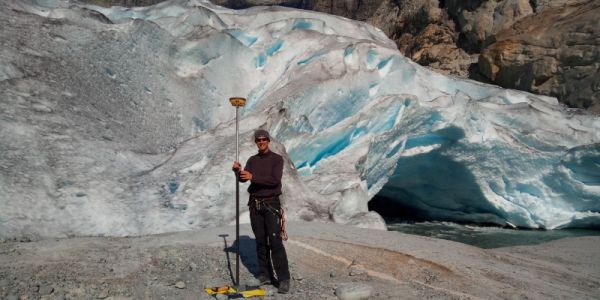
Global challenges tackled together
Students have been tackling global issues without even leaving Leeds – thanks to international collaboration modules with Nagoya University in Japan.

Students have been tackling global issues without even leaving Leeds – thanks to international collaboration modules with Nagoya University in Japan.

A cancer and exercise researcher at the University of Leeds has completed the world’s highest marathon and a 6000m mountain climb, just over a year on from her incurable breast cancer diagnosis.

Global universities have re-affirmed their commitment to international partnership and development.

Researchers in the UK and India are working in partnership to address an urgent need to stop dentists over-prescribing antibiotics.

Researchers in the UK and Indonesia are working together to help communities fight the health and environmental impact of peatland fires.

The University of Leeds is collaborating with institutions in Ghana to combat climate challenges and nurture the next generation of scientists.

A scientist from the University of Leeds has joined an international team responding to the global loss of glaciers.

International education providers across the UK and Africa are working together to build skills in machine learning and data science.

Meteorological experts and students are working together to improve early warnings of severe thunderstorms in Southern Africa.

African students have spoken about a “profoundly impactful” conference they were able to attend thanks to University of Leeds funding.